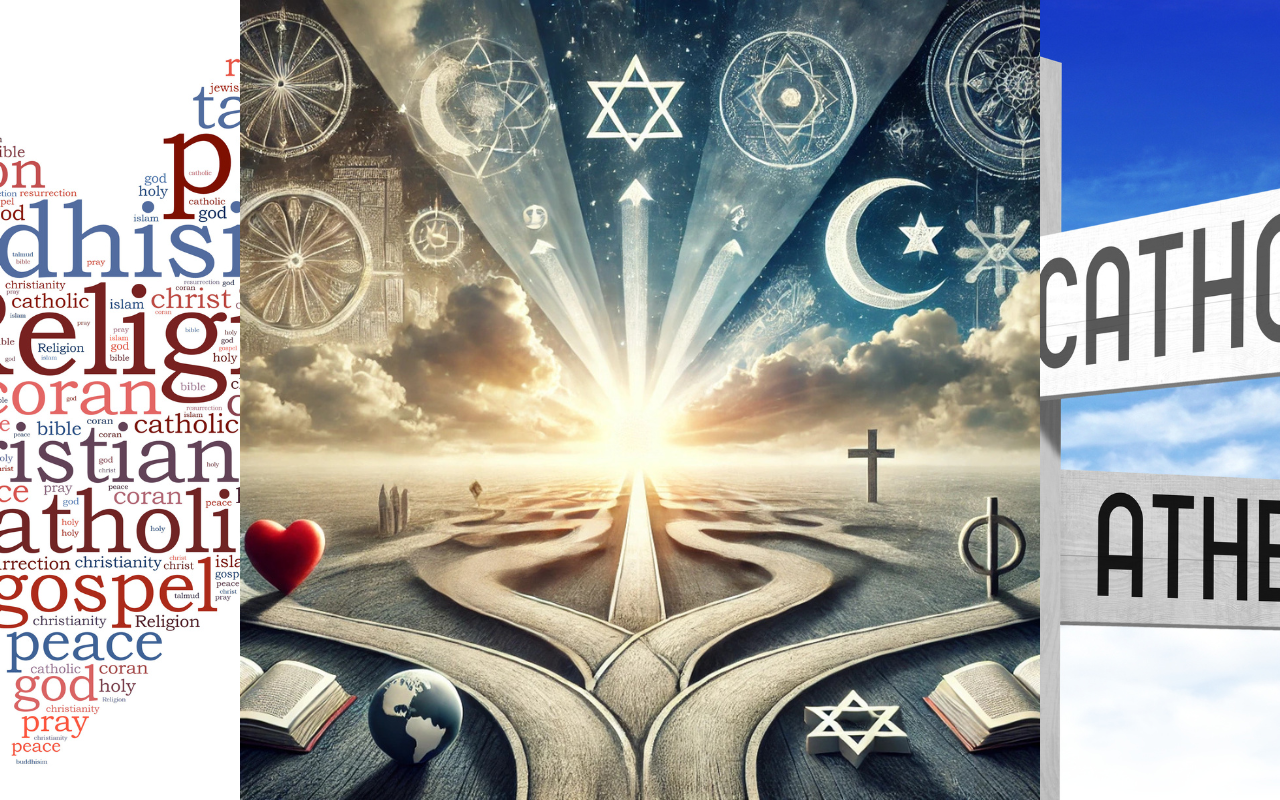
In a time when religious freedoms are increasingly debated, the question arises: should the government decide which faiths are worthy of recognition and protection? The tension between personal beliefs and constitutional rights has rarely been more evident than in Iowa, where Governor Kim Reynolds’ administration recently banned the Satanic Temple from hosting a holiday display at the State Capitol.
As Christians, it’s tempting to cheer on such decisions when they align with our beliefs, but what happens when a government’s favor tips the scales in ways we don’t agree with? Let’s unpack the deeper implications of this decision and its ripple effects on freedom of religion in America.
As someone who has spent years exploring the intersection of faith, law, and public life, I believe this issue goes beyond theological differences. It cuts to the heart of what it means to live in a nation founded on religious liberty. In this post, we’ll explore:
The First Amendment’s Core Principles: How it demands equal treatment of all religions, even those we oppose.
The Iowa Case: Why the government’s reasoning raises red flags for Christians and others alike.
Biblical Insights on Justice and Freedom: How we can Reconcile our faith with the messy realities of living in a pluralistic society.
Freedom of Religion: A Double-Edged Sword
The First Amendment guarantees that “Congress shall make no law respecting an establishment of religion or prohibiting the free exercise thereof.” This ensures two vital freedoms: no state-sponsored religion and the right to practice any faith—or none at all.
In the Iowa case, Governor Reynolds’ 2023 stance seemed to uphold this principle, allowing the Satanic Temple’s display despite her objections. Fast forward to 2024, and her administration reversed course, citing the event’s supposed harm to minors. But the sudden shift raises an uncomfortable question: Was this a legal or political decision?
When governments start deciding which religions deserve a platform, it’s a slippery slope. Today, it’s the Satanic Temple. Tomorrow, could it be smaller Christian denominations or faiths deemed “unpopular”?
Christians and the First Amendment: A Biblical Perspective
It’s easy to dismiss groups like the Satanic Temple as undeserving of equal treatment. But as Christians, we’re called to a higher standard. Romans 13:1 reminds us that God establishes all authority, and 1 Peter 2:17 calls us to “honor everyone.” These verses challenge us to uphold justice, even when inconvenient or uncomfortable.
In the Sermon on the Mount, Jesus said, “Blessed are the peacemakers” (Matthew 5:9). Being a peacemaker means advocating for fairness and equality, even for those whose beliefs starkly oppose our own. Protecting the First Amendment doesn’t weaken our faith—it strengthens our testimony by showing that our confidence lies in God, not government favor.
Why This Matters to Christians
The Iowa controversy highlights an uncomfortable truth: defending religious freedom for others ultimately protects it for us. If we allow the government to discriminate against one religion today, it sets a precedent that could easily turn against us tomorrow.
Furthermore, the decision to ban the Satanic Temple’s event based on its name or perceived symbolism does little to address the deeper cultural issues at play. True transformation happens not through censorship but through the power of Christ’s love and truth.
Call to Action: Stand for Freedom, Stand for Faith
As Christians, we should engage in these debates with grace and wisdom. Here are three practical ways to respond:
Pray for Wisdom: Ask God to guide leaders to uphold justice and fairness in their decisions.
Educate Yourself: Understand the First Amendment and how it protects religious freedoms.
Advocate for Fairness: Support policies and actions that uphold the constitutional rights of all, even when you disagree with their beliefs.
Conclusion
In the end, our confidence isn’t in the government’s favor but in God’s unchanging sovereignty. By standing firm in our faith and principles, we reflect the light of Christ in an increasingly divided world.
This article can be controversial so please email me your feedback.
